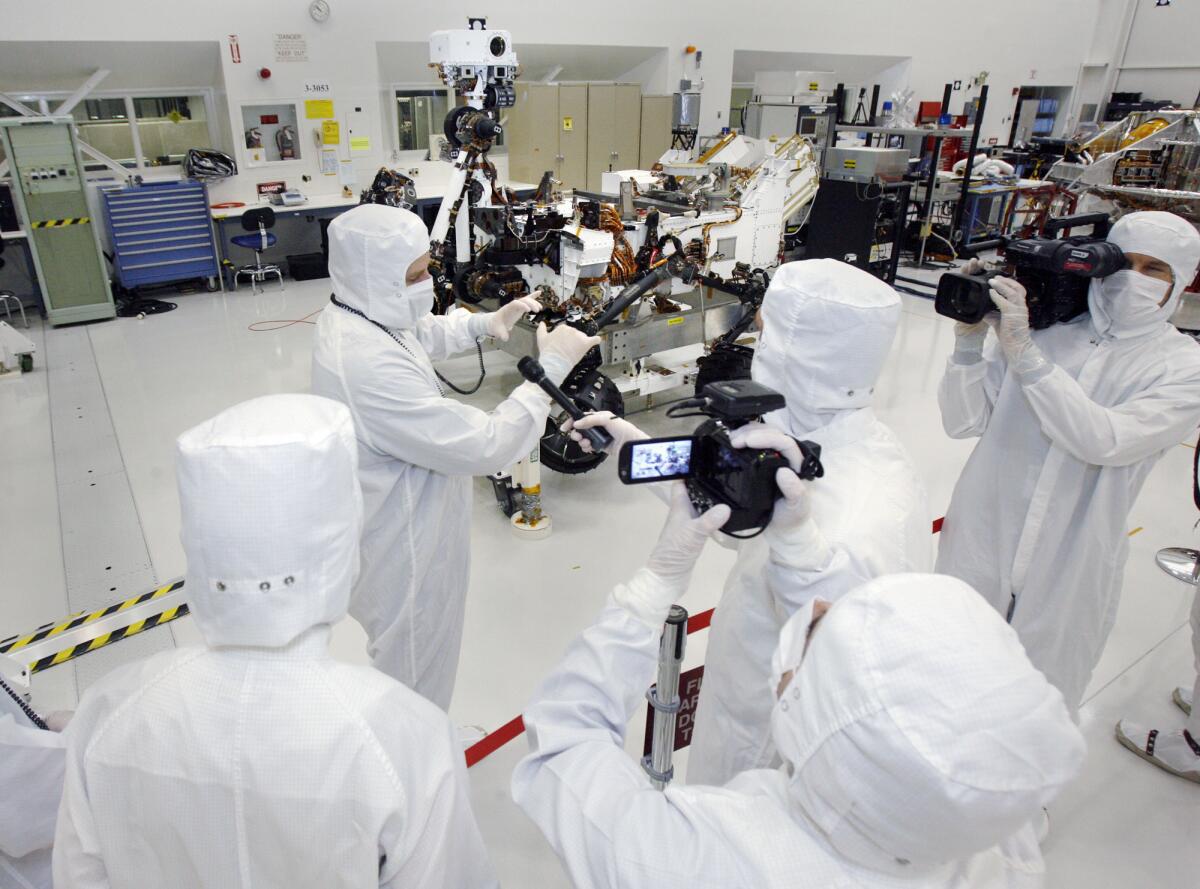Schiff says planetary science funding insufficient

Earlier this month, President Barack Obama released his $3.9 trillion budget proposal for fiscal year 2015. The plan sets aside $1.28 billion for planetary exploration — an amount one elected official is calling a far cry from what will be required to get JPL missions to Mars and Europa off the ground by 2020.
Rep. Adam Schiff (D-Burbank) said in a news release last week the overall outlook of planetary science funding appears better than years past but is still insufficient to meet priorities laid out in NASA’s decadal survey.
That list of priority missions, conducted through the National Research Council, focuses on a Mars 2020 trip and a flagship mission to explore water trapped beneath the icy surface of the Jovian moon Europa.
“A far greater investment will be necessary to ensure America’s preeminence in planetary science,” Schiff said.
In 2014, President Obama requested $1.21 billion for planetary science. That amount was increased when Congress enacted the budget, dedicating $1.35 billion and an overall $17.6 billion for the operation of NASA.
NASA’s annual operating budget has a direct impact on programs and projects scientists and engineers conduct at La Cañada’s JPL, Schiff said in an email interview this week.
“The work done at JPL not only advances human knowledge and inspires people the world over, its ripple effects — in terms of our economy, the development of new technologies, and expanding our understanding of the world around us cannot be overstated,” he said.
“Simply put, our economy and our ability to inspire the next generation of brilliant scientists would not be the same without a robust and healthy JPL, and that’s why we need to restore this funding,” Schiff added.
--
Follow Sara Cardine on Twitter: @SaraCardine.
ALSO:
La Cañada High stymies Eagle Rock in state opener
Former WWII Women Airforce Service Pilot member speaks at FSHA
